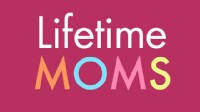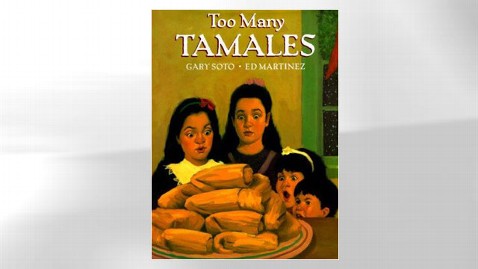Multicultural Books: Why They’re Important for Your Kids
Even in the days of iPads, Kindles and Nooks, snuggling up with a book to read to your child is still one of the greatest bonding experiences for a parent. Even more, books are a powerful vehicle for helping children understand their homes, communities and the world around them. It takes them to far-away places, teaches them important values, expands their imaginations and leaves lifelong impressions. I still remember my favorite childhood books.
With books, children can gain a better understanding of themselves and others — especially if the books reflect the diverse groups of people in the world around them. Children can learn to respect not only their own cultural groups, but also other groups that they may or may not encounter in their own neighborhood.
Some of the best multicultural books show people from diverse groups playing and working together, solving problems and overcoming obstacles. At its best, multicultural children’s literature helps children understand that despite our many differences, all people share common feelings and aspirations.
Unfortunately, not all children’s literature sends the messages that we want children to learn. Children’s books often contain the same stereotypes and biases of other media, and because children connect with a story’s plot and characters, they aren’t really thinking about whether a book has racist or sexist messages or other stereotypes.
With my own children, they would often ask why there weren’t any black or brown people in the book. I remember how my daughter longed to see books with little girls with kinky hair like her own–all the princess images had long, flowing, blonde hair and her hair was exactly the opposite. I had to search to find books that featured brown boys and girls and promoted positive ideas and images–so that my children saw that princesses and princes come in black and brown packaging. This is important for their self esteem. I could sense that.
On the other hand, if young children are repeatedly exposed to biased representations through words and pictures, there is a danger that such distortions will become a part of their thinking. They will think that is reality. These things can happen in a subtle way and often without any malicious intent.
That’s why it is important for parents to seek out books that give a positive and accurate peek into the lives of people of all colors. That can also include books people have a physical and mental disability or gay and lesbian families.
Either way, when a parent takes the time to show their child the diverse world, the real world that exists beyond their locale, we do our part to raise good global citizens.
Check out these great picks for your multicultural book bag>>
More Family & Parenting Tips on Lifetime Moms:
Talking to Your Kids About the N Word and Other Slurs
Is It Okay for Students and Teachers to be Facebook Friends?
Kids & Violence: Are Your Kids Desensitized?
This work is the opinion of the columnist and in no way reflects the opinion of ABC News.

